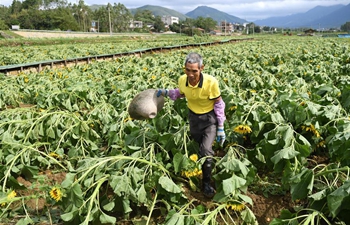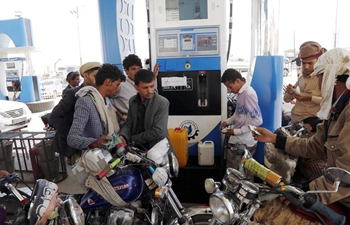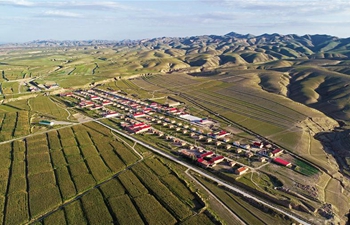GENEVA, Sept. 18 (Xinhua) -- This year will probably go down as one of the hottest on record and along with extreme weather means increased rescues, which the UN disaster risk agency said Tuesday are helping to save more lives than ever due to better planning.
"Despite the extensive threat posed by events such as Typhoon Mangkhut in the Philippines and China, there has been relatively low mortality because of the success of weather forecasting, early warning systems and better public understanding of disaster risk," the UN Office for Disaster Risk Reduction (UNISDR) said.
The visible sign is the record numbers of people evacuated over the last 10 days, notably in the United States, China and the Philippines, said UNISDR.
It noted that the world has had record temperatures, heat waves, storms, floods, drought and heavy rainfall.
"Following earlier catastrophes this year, notably wildfires in north America and Europe, widespread flooding in India, flooding and landslides in Japan, we are now experiencing floods and storms which are disrupting the lives of millions across the Americas, Africa and Asia," the agency said.
This confirms the trend of the last 40 years with a doubling in the number of recorded extreme weather events which now regularly account for 90 percent of disasters caused by natural hazards notably floods, storms, landslides and wildfires.
UNISDR noted that the economic losses of the catastrophes are likely to be considerable and the impact on the poor will be hardest.
"This underlines the importance of strategies to reduce disaster risk which include better adaptation to climate change," it said.
UNISDR highlighted the growing risk posed by landslides worldwide due often to a combination of human activities and heavy rainfall.

















